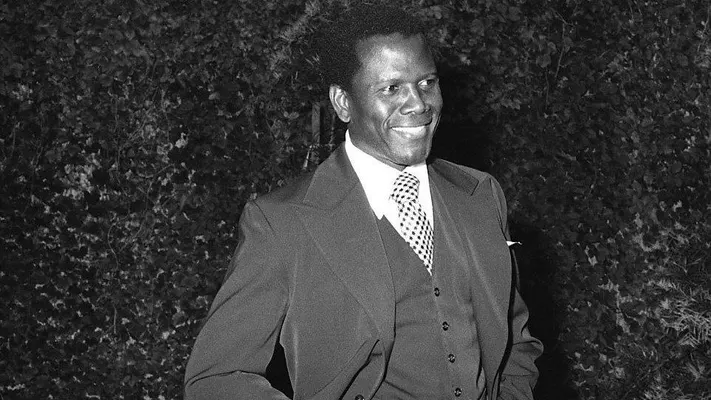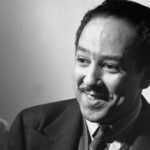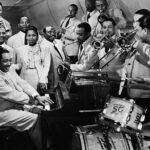Sidney Poitier: Breaking Barriers on Stage and Screen
Early Life and Bahamas Roots:
Sidney Poitier, born on February 20, 1927, in Miami, Florida, but raised in the Bahamas, would go on to become a trailblazing actor and director. Growing up in poverty, Poitier’s childhood was marked by challenges, but it laid the foundation for his future determination and resilience.
Pursuit of Education and Aspiring Actor:
Poitier’s early years in the Bahamas were marked by a lack of formal education, but he was determined to overcome this obstacle. At the age of 15, he moved to New York City, where he worked odd jobs while pursuing his education. Inspired by a performance at the American Negro Theatre, Poitier decided to pursue a career in acting against considerable odds.
Breakthrough in Hollywood:
In the 1950s, Sidney Poitier faced racial prejudices prevalent in Hollywood. Despite the obstacles, his breakthrough came with powerful performances in films like “The Defiant Ones” (1958) and “Lilies of the Field” (1963), the latter earning him an Academy Award for Best Actor—the first African American to achieve this honor.
Acting and Directorial Legacy:
Poitier continued to break new ground in Hollywood, challenging racial stereotypes with roles that portrayed African Americans in a positive light. His directorial debut, “Buck and the Preacher” (1972), marked the beginning of his influence behind the camera. Poitier’s directorial efforts, including “A Warm December” (1973) and “Stir Crazy” (1980), contributed to the diversification of African American representation in film.
Commitment to Civil Rights and Diplomacy:
Beyond the entertainment industry, Poitier was a vocal advocate for civil rights. His commitment to racial equality aligned with his roles in films addressing social issues, making him a prominent figure in both Hollywood and the civil rights movement. Later in life, he also served as the Bahamian ambassador to Japan, contributing to diplomatic relations between the two nations.
Contributions to the World:
Sidney Poitier’s impact on the world is multifaceted:
1. Pioneering Acting Excellence:
- Poitier’s talent and dedication paved the way for future generations of African American actors, reshaping Hollywood norms.
2. Cultural Representation:
- His roles challenged stereotypes, fostering a more nuanced and positive portrayal of African Americans in film.
3. Civil Rights Advocacy:
- Poitier’s activism and participation in the civil rights movement underscored his commitment to societal change.
4. Diplomatic Service:
- His role as a Bahamian ambassador exemplified his dedication to international relations and diplomacy.
Conclusion:
Sidney Poitier’s life and career exemplify resilience, talent, and a commitment to social change. From overcoming adversity to redefining Hollywood norms, Poitier’s influence transcends the screen. His legacy as an actor, director, and civil rights advocate continues to inspire individuals around the world, emphasizing the transformative power of art and activism.





